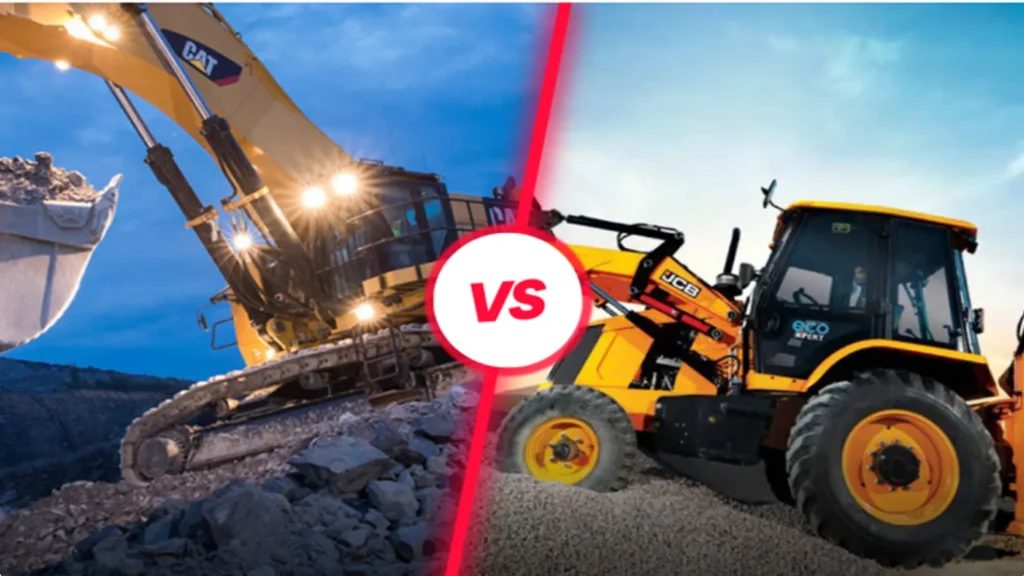Purchasing a used concrete batching plant can be a cost-effective solution for contractors, builders, and construction companies looking to expand their operations without breaking the bank. However, buying used equipment requires careful evaluation to ensure you get the best value for your investment. In this guide, we will discuss the key factors to consider when selecting a used concrete batching plant to ensure efficiency, durability, and cost-effectiveness.
1. Understanding Concrete Batching Plants
A concrete batching plant is a machine that combines ingredients such as cement, water, sand, and aggregates to produce concrete. These plants are essential for large-scale construction projects, roadwork, and infrastructure development.
Types of Concrete Batching Plants
-
-
-
Stationary Batching Plant – Ideal for long-term projects requiring a continuous concrete supply.
-
Mobile Batching Plant – Designed for flexibility and quick installation at different job sites.
-
Compact Batching Plant – Suitable for small to medium-sized projects with limited space.
-
Wet and Dry Batching Plants – Wet plants mix water and cement before discharging, while dry plants release the mix without water, which is added later at the site.
-
-
2. Why Buy a Used Concrete Batching Plant?
-
-
-
Cost Savings – Used plants are significantly cheaper than new ones.
-
Faster Deployment – Avoid long manufacturing lead times associated with new equipment.
-
Sustainable Choice – Reduces waste and promotes eco-friendly construction practices.
-
-
3. Key Factors to Consider When Buying a Used Concrete Batching Plant
A. Condition and Age of the Equipment
-
-
-
Inspect the plant’s overall condition, including signs of wear and tear, rust, and structural integrity.
-
Check the age of the plant; older models may lack modern efficiency features.
-
Ensure essential components like mixers, conveyors, and silos are in working order.
-
-
B. Production Capacity
-
-
-
Choose a plant that meets your project’s daily concrete output requirements.
-
Typical batching plants range from 30 m³/hr to 240 m³/hr production capacity.
-
-
C. Brand and Manufacturer Reputation
-
-
-
Reputable brands such as Liebherr, Schwing Stetter, BHS, and MEKA are known for durability and performance.
-
Check customer reviews and service support availability for the brand.
-
-
D. Maintenance and Service History
-
-
-
Request maintenance records to assess how well the plant has been maintained.
-
Look for any history of major repairs or part replacements.
-
-
E. Automation and Control System
-
-
-
Modern batching plants come with advanced PLC (Programmable Logic Controller) systems for better accuracy and automation.
-
Ensure that the software is compatible with your project needs and that spare parts are readily available.
-
-
F. Transport and Installation Requirements
-
-
-
Determine if the plant can be easily relocated to your project site.
-
Factor in logistics, dismantling, and reassembly costs.
-
-
G. Warranty and After-Sales Support
-
-
-
Check if the seller provides any limited warranty or post-sale technical support.
-
Having a support team for troubleshooting and spare parts availability is crucial.
-
-
4. Where to Buy a Used Concrete Batching Plant?
-
-
-
Online Marketplaces – Online Marketplaces offer a variety of used batching plants.
-
Auction Sites – Industrial equipment auctions can provide budget-friendly deals.
-
Local Dealers – Direct purchases from construction equipment dealers offer better after-sales support.
-
-
5. Final Tips for a Smart Purchase
-
-
-
Always inspect the plant in person before finalizing the deal.
-
Test the batching plant to verify its mixing efficiency and output accuracy.
-
Negotiate for the best price, keeping in mind installation, transport, and maintenance costs.
-
Seek expert advice if needed, especially when assessing older models.
-
-
Conclusion
Buying a used concrete batching plant can be a smart investment if you take the time to assess its condition, capacity, and overall value. By carefully evaluating your options, you can secure high-performance equipment at a fraction of the cost of a new plant.
For the best deals on used concrete batching plants, visit HeavyMachineryCare.com and explore a wide range of reliable construction equipment today!












